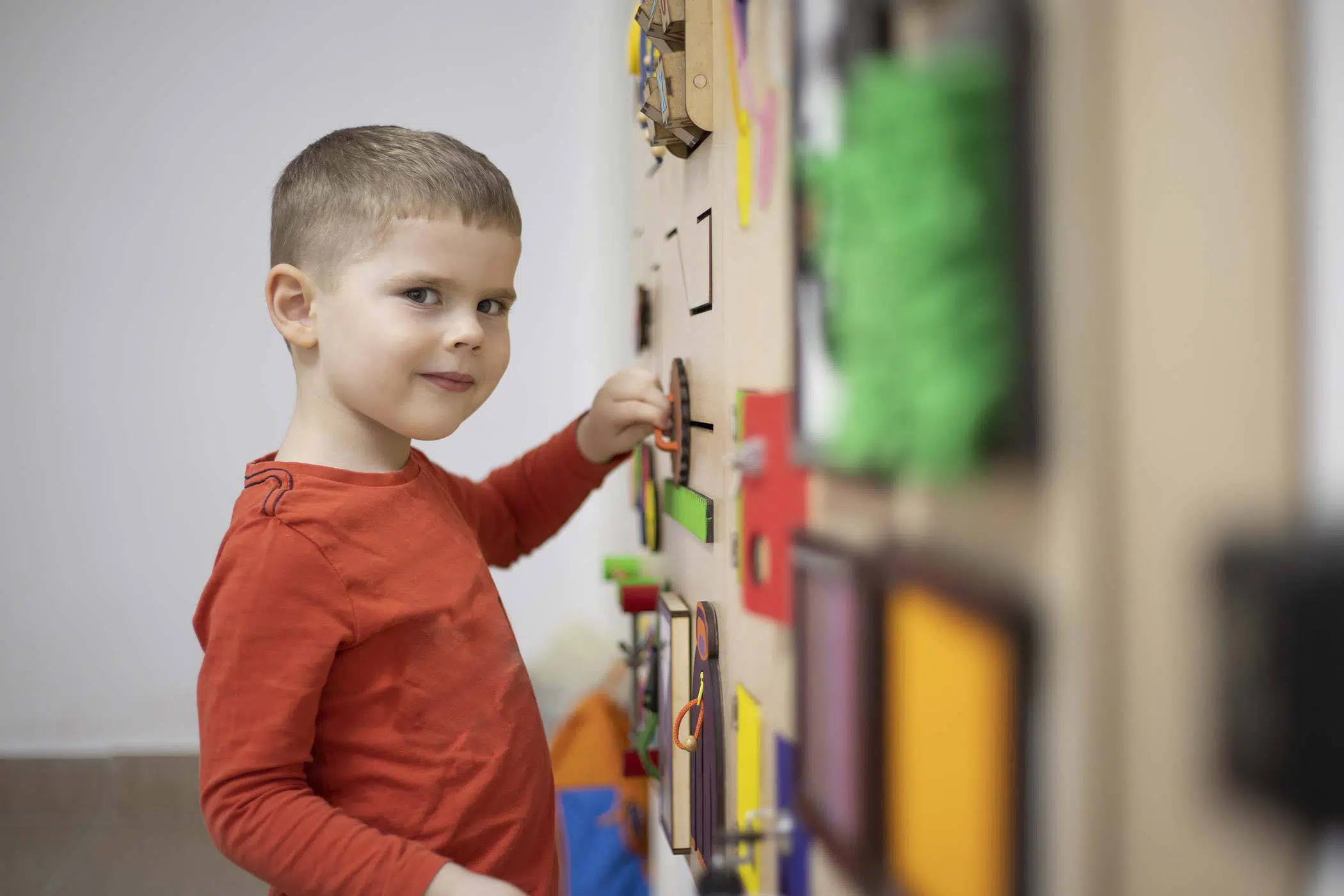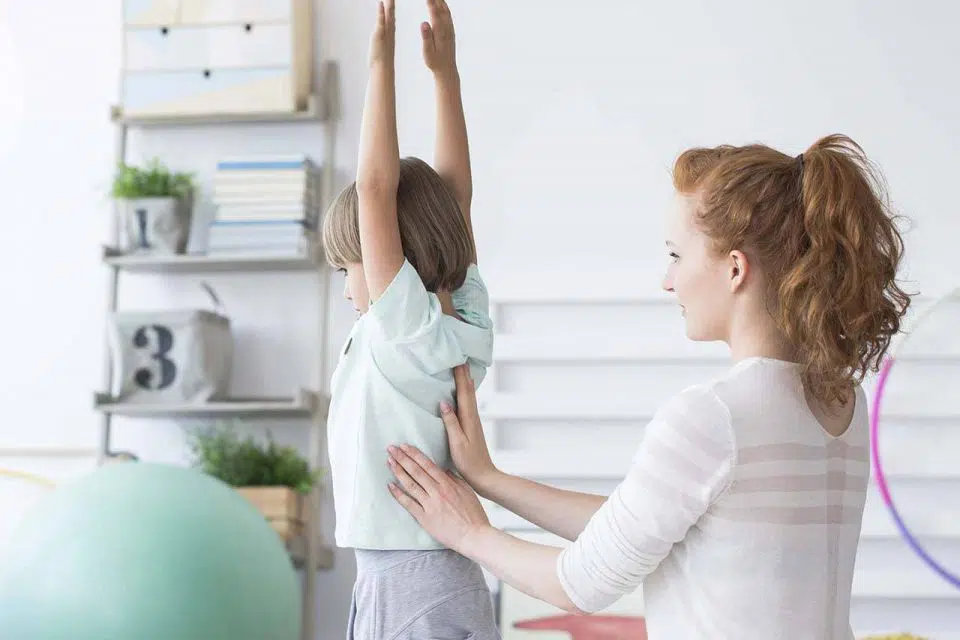The Power of Free Play in Childhood
Playing
 Posted by: Rebecca Bazzoni 8 months ago
Posted by: Rebecca Bazzoni 8 months ago
In today’s busy world, children of every age tend to have jam-packed schedules filled with school and extracurricular activities. Free play often gets overlooked and yet it is one of the most important things we can offer our children to foster creativity, social and emotional development, critical thinking, and motor skill development.

Free play is unstructured, self-directed playtime where kids can explore, imagine, and create without adult-imposed rules. It offers numerous benefits that contribute to a child’s overall development and well-being. Let’s dive into why free play is so important for children.
Nurture Creativity and Imagination
Free play gives kids the chance to unleash their creativity and imagination. They can use objects in unique ways, invent imaginary scenarios, and explore limitless possibilities.
This kind of creative thinking helps them develop problem-solving skills, cognitive flexibility, and innovation which is crucial for success as they grow.
Promote Social and Emotional Development
When kids engage in free play, they interact socially, learning cooperation, negotiation, and communication. They navigate conflicts, share, take turns, and collaborate.
These skills are essential for building relationships and making friends. Through free play, children also learn to express and manage their emotions in a safe environment, which is key to emotional regulation.
Enhance Cognitive Skills
Free play stimulates cognitive development by improving critical thinking, decision-making, and problem-solving abilities.
Children engage in open-ended activities where they make choices, explore cause-and-effect relationships, and develop strategies to overcome challenges. This process builds cognitive flexibility, resilience, and the ability to think creatively.
Foster Physical Health and Motor Skills Development
Unstructured play often involves physical activities that help children develop their motor skills. Running, climbing, balancing, and manipulating objects during free play contribute to a child’s physical fitness.
These activities support the development of strength, coordination, balance, and spatial awareness which lay the foundation for a healthy and active lifestyle.
Cultivate Independence and Self-Confidence
Through free play, children are free to make choices, take risks, and exercise control within a safe environment. This autonomy builds self-confidence, self-esteem, and a sense of personal agency.
As children explore their capabilities, they develop a positive self-identity and belief in their abilities, which are essential for their future success and well-being.
Stress Reduction
Free play allows children to relieve stress, unwind, and recharge. Engaging in activities they enjoy and find motivating promotes emotional well-being and positive mental health.
This unstructured time encourages relaxation, and self-expression, and helps children manage stress and anxiety – providing a balance to their structured daily routines.
5 Tips for Encouraging Free Play
1. Provide Unstructured Time
Include dedicated periods of screen-free, unstructured playtime in your child’s daily routine. Create a space that encourages exploration and creativity, filled with open-ended materials like blocks, art supplies, dress-up clothes, and versatile toys.
2. Foster a Playful Environment
Join your child’s play as a partner but let them lead and set the direction. This shows your support and encourages their autonomy.
3. Limit Adult Intervention
Avoid giving constant instructions or directing the play. Let children explore, experiment, and solve problems independently, offering guidance only when needed or requested.
4. Prioritize Outdoor Play
Encourage outdoor activities to provide children with opportunities for physical movement, sensory stimulation, and a connection with nature. Outdoor environments offer countless possibilities for free play and exploration.
5. Be Mindful of Overscheduling
Ensure your child has time for free play by balancing structured activities and commitments. Avoid packing their day with too many activities, allowing ample time for unstructured play and downtime.
Conclusion
Free play is a vital part of every child’s development, as it fosters creativity, the development of social skills, problem-solving abilities, physical well-being, and mental health.
By emphasizing and promoting unstructured playtime, we enable children to unleash their imaginations, explore their world, and experience the joy of self-directed discovery.
Let’s embrace the importance of play and create environments that support its benefits, helping our children thrive and grow into well-rounded and healthy adults.
Categories:
You May Be Interested In:

Causes And Potential Solutions For Toe Walking In Children
9 months ago by Rebecca Bazzoni

Why Pre-Writing Skills Matter and How to Foster Them in Young Children
9 months ago by Rebecca Bazzoni

W-sitting: Why you should be concerned
7 years ago by Rebecca Bazzoni

What is Occupational Therapy?
7 years ago by Rebecca Bazzoni

